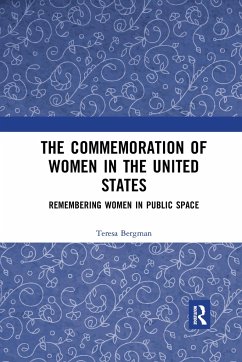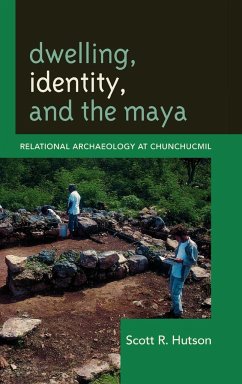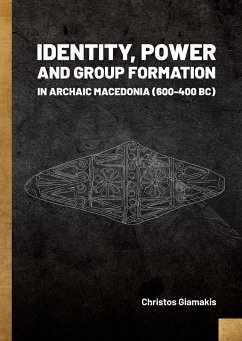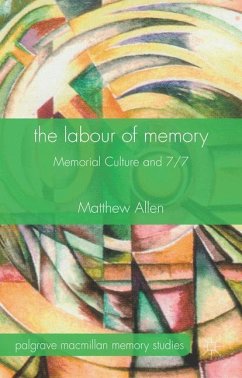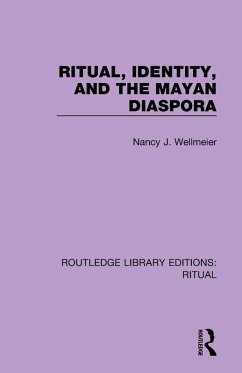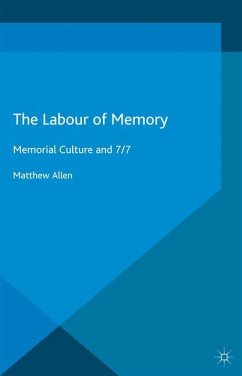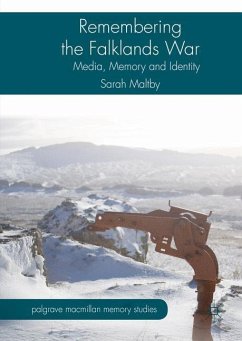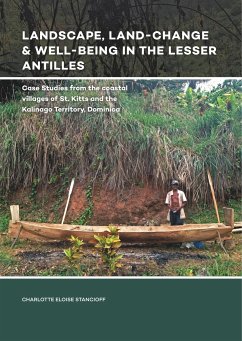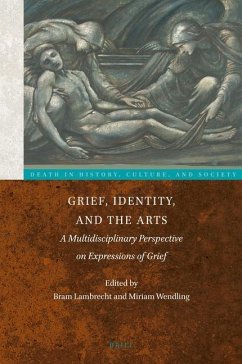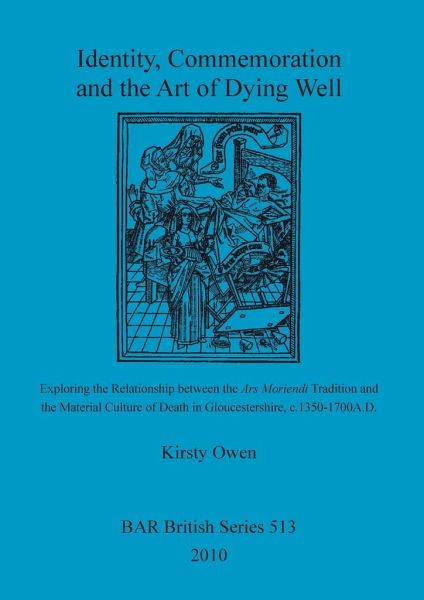
Identity, Commemoration and the Art of Dying Well
Exploring the Relationship between the Ars Moriendi Tradition and the Material Culture of Death in Gloucestershire, c.1350-1700A.D.
Versandkostenfrei!
Versandfertig in 1-2 Wochen
136,99 €
inkl. MwSt.

PAYBACK Punkte
68 °P sammeln!
This study considers how the treatment of death in related forms of material culture might have contributed to the definition of elite identity and the constitution of power structures throughout the changes which took place in England c. 1350-1700. The following discussion will also assess the nature of identity and how it is comprehended in past and contemporary theoretical discussion. The formation of medieval and early modern elite identities will be considered with reference to the funerary material culture of a single region, Gloucestershire, focusing intensively upon the iconographical ...
This study considers how the treatment of death in related forms of material culture might have contributed to the definition of elite identity and the constitution of power structures throughout the changes which took place in England c. 1350-1700. The following discussion will also assess the nature of identity and how it is comprehended in past and contemporary theoretical discussion. The formation of medieval and early modern elite identities will be considered with reference to the funerary material culture of a single region, Gloucestershire, focusing intensively upon the iconographical and textual themes presented therein and analysing these within the context of contemporary social and religious change. This evidence will be considered against the ideal of 'dying well' as presented in the Ars Moriendi texts. It is suggested that the ideological potential of this concept was exploited to its fullest potential during the period under study. The idealised pious death provided affluent members of society with a focus for competition, the significance of which can only be fully comprehended if the texts are analysed alongside other forms of material culture.





